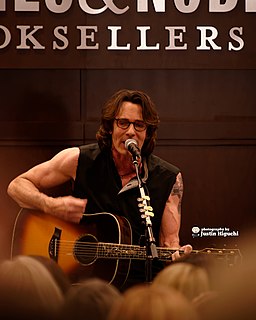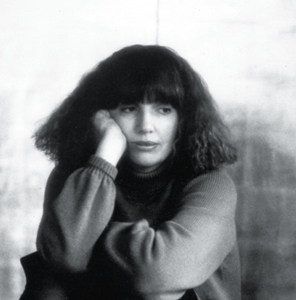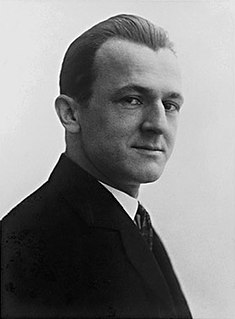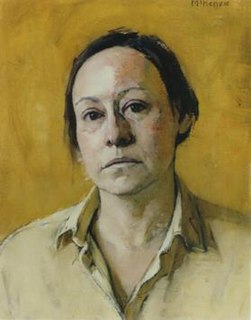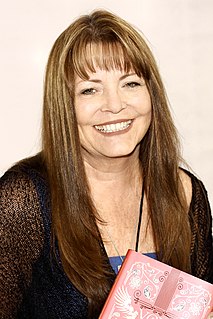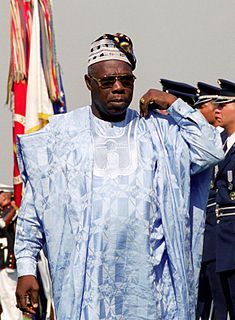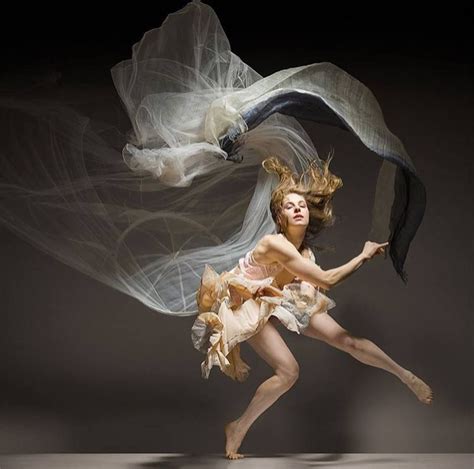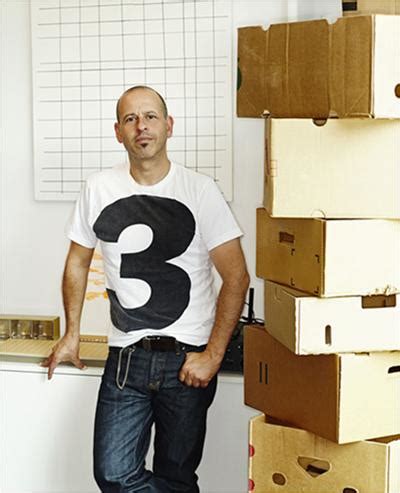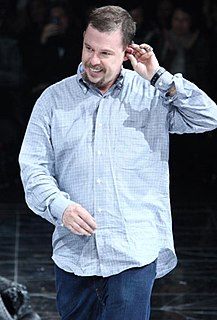A Quote by Isabel Allende
Photographs deceive time, freezing it on a piece of cardboard where the soul is silent.
Related Quotes
It is a nostalgic time right now, and photographs actively promote nostalgia. Photography is an elegiac art, a twilight art. Most subjects photographed are, just by virtue of being photographed, touched with pathos. ... All photographs are memento mori. To take photograph is to participate in another person's mortality, vulnerability, mutability. Precisely by slicing out this moment and freezing it, all photographs testify to time's relentless melt
I think that one of the visions that is closest to reality is the cardboard city in the subway station in Tokyo, which is based very closely on a series of documentary photographs of people living like that and of the contents of the boxes. Those are quite haunting because Tokyo homeless people reiterate the whole nature of living in Tokyo in these cardboard boxes, they're only slightly smaller than Tokyo apartments, and they have almost as many consumer goods. It's a nightmare of boxes within boxes.
In 1916, when Johnny Heartfield and I invented photomontage in my studio at the south end of the town at five o'clock one May morning, we had no idea of the immense possibilities, or of the thorny but successful career, that awaited the new invention. On a piece of cardboard we pasted a mishmash of advertisements for hernia belts, student song books and dog food, labels from schnaps and wine bottles, and photographs from picture papers, cut up at will in such a way as to say, in pictures, what would have been banned by the censors if we had said it in words.


